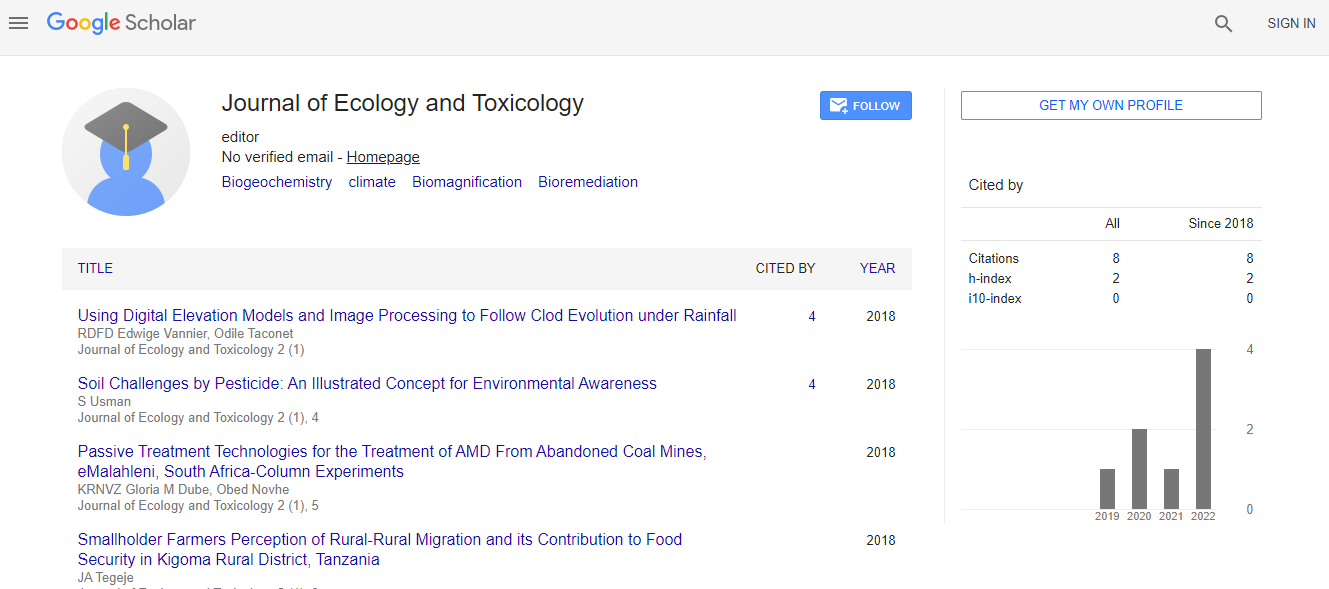Climate change in healthcare: exploring the potential role of inhaler prescribing
Abstract
Climate change has been described as the biggest global
health threat of the 21st century. As a result, governments
around the world are committing to legislative change in
order to reduce greenhouse gas emissions (GHGEs). The
healthcare sector makes a significant contribution to GHGEs
and in line with national legislation in the UK, the
NHS has recently committed to achieving net zero emissions
by 2050. The management of asthma and COPD
largely depends on the prescribing of medications that
are delivered through inhalers. In the UK, the use of
pressurised metered dose inhalers (pMDIs), which rely on
hydrofluorocarbon (HFC) propellants accounts for 3.5%
of the NHS’s total carbon footprint. In contrast, dry powder
inhalers (DPIs) have a much lower carbon footprint
due to the absence of a HFC propellant. Here we review
evidence of the impact of inhaler choices across four domains:
environmental impact, clinical effectiveness, cost
effectiveness and patient preferences. We find that as well
as a lower global warming potential, DPIs have additional
benefits over pMDIs in other domains and should be
considered first line where clinically appropriate.

 Spanish
Spanish  Chinese
Chinese  Russian
Russian  German
German  French
French  Japanese
Japanese  Portuguese
Portuguese  Hindi
Hindi 